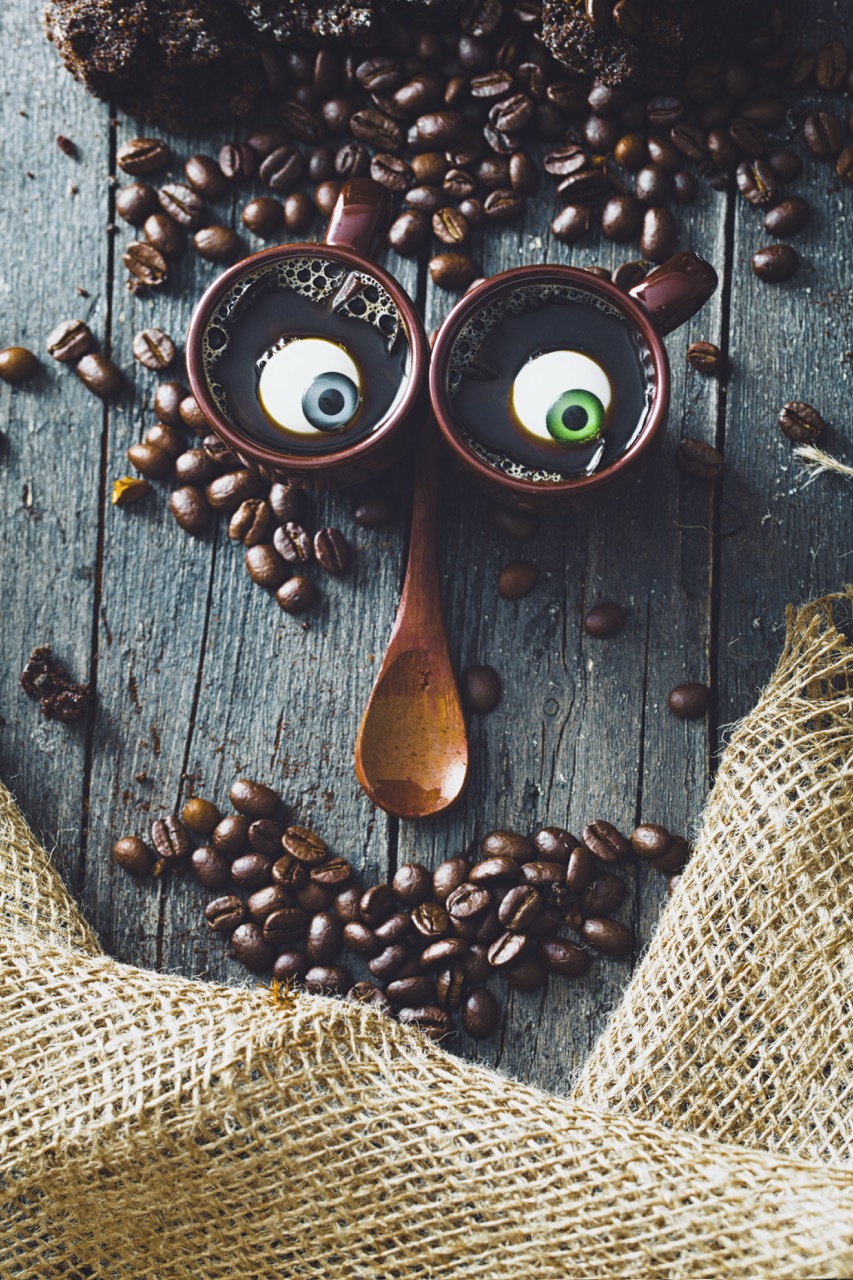If you’ve ever ordered a decaf in a British café and felt like you’d asked for a gluten-free steak, you’re not alone. For a country that consumes over 95 million cups of coffee a day, we’re still getting a lot wrong about the humble decaf. And no, it’s not because the beans are shy.
Let’s break down what’s still broken—and how to fix it.
1. We treat decaf like a medical condition
In the UK, asking for decaf is often met with a look usually reserved for people who announce they’ve given up electricity. It’s seen as something you have to drink, not something you’d ever want to.
But that’s changing. According to Speciality Food Magazine, more people are actively choosing decaf for wellness reasons: sleep, anxiety, energy balance. It’s a decision, not a diagnosis.
2. We still let instant define the category
For years, the most common decaf experience in the UK has been a teaspoon of freeze-dried brown dust, stirred reluctantly into boiled tap water. So it’s no surprise the reputation tanked.
But that’s like judging all food based on a Pot Noodle. Today’s decaf includes specialty-grade pods, freshly roasted beans, and chemical-free processing methods that actually preserve flavour.
3. We forget that taste matters
Decaf doesn’t mean less flavour. It means less caffeine. That’s it.
As Coffee Blog UK points out, great decaf should taste just as good as regular coffee—because it’s made the same way. Beans. Roasting. Brewing. There’s no reason your 10am flat white should taste like boiled cardigan just because it’s decaf.
4. We assume demand isn’t there
Big mistake. According to Grocery Trader, 62% of Brits avoid caffeine in the evening, and over half say decaf is better for their wellbeing. That’s not niche—that’s mainstream.
The problem isn’t demand. It’s access. Supermarkets and cafés still stock decaf like it’s an apology, not a menu item. Let’s fix that.
5. We don’t talk about the wins
Here’s one: our coffee isn’t just decaf. It’s award-winning. I Love Decaf just won a Great Taste Award, proving once and for all that removing caffeine doesn’t mean removing quality.
It means being smart about what goes in your cup—and expecting more from what comes out.
Final sip
The UK has come a long way, but it’s still got decaf all wrong in too many places.
Let’s stop treating it like the awkward cousin of real coffee. Let’s start asking for better, brewing better, and proudly drinking coffee that lets you sleep at night.
Start with a cup that’s worth your time: I Love Decaf.

